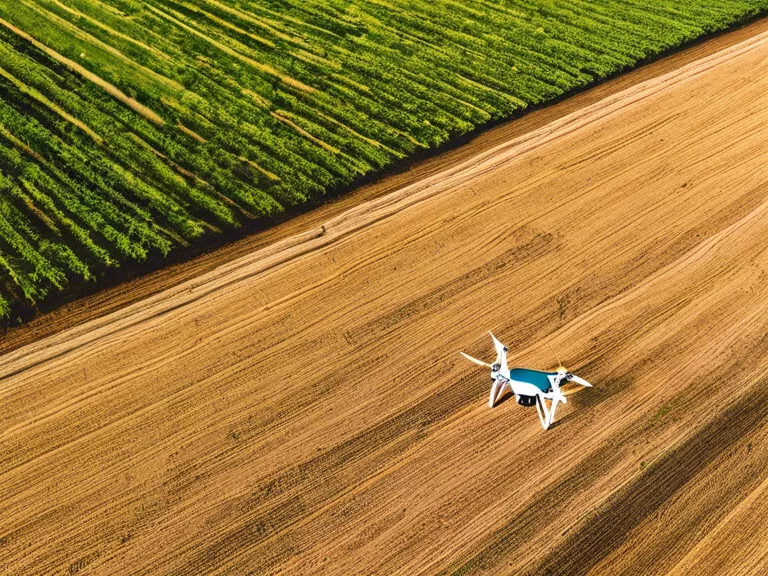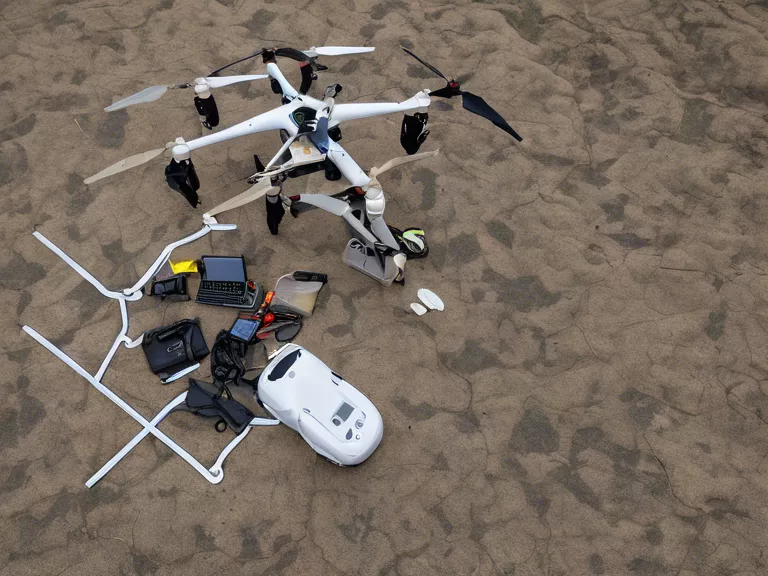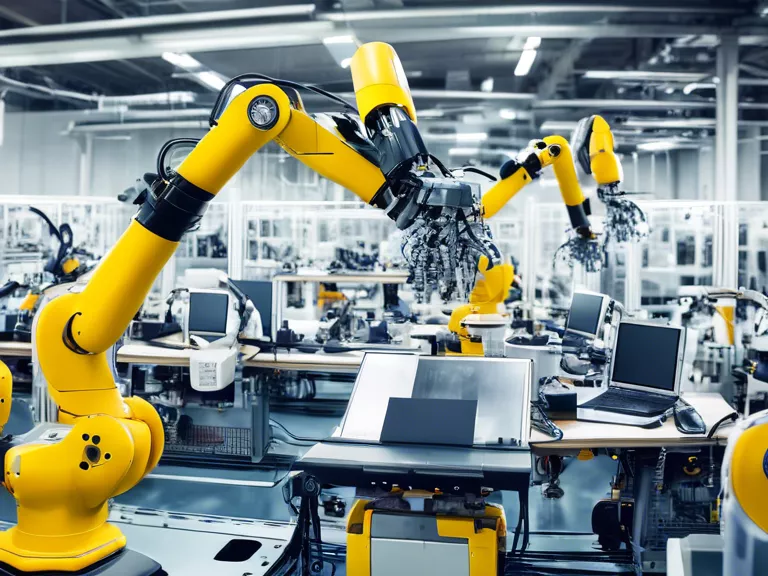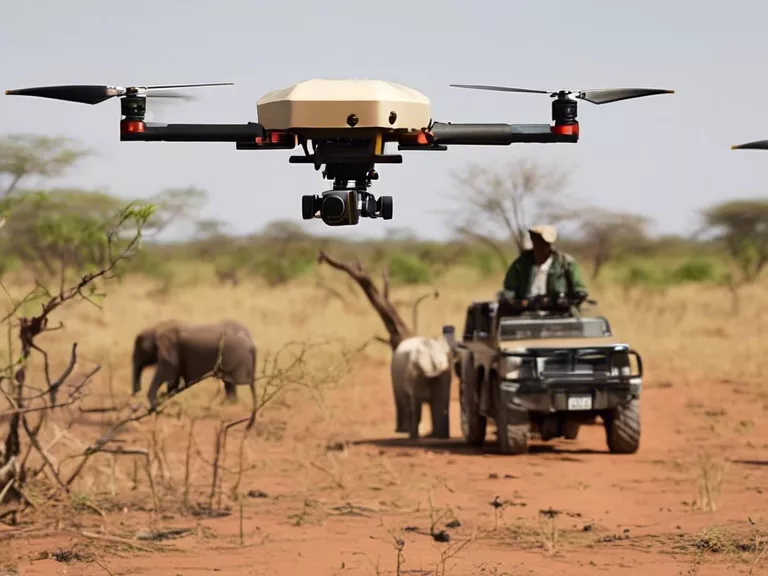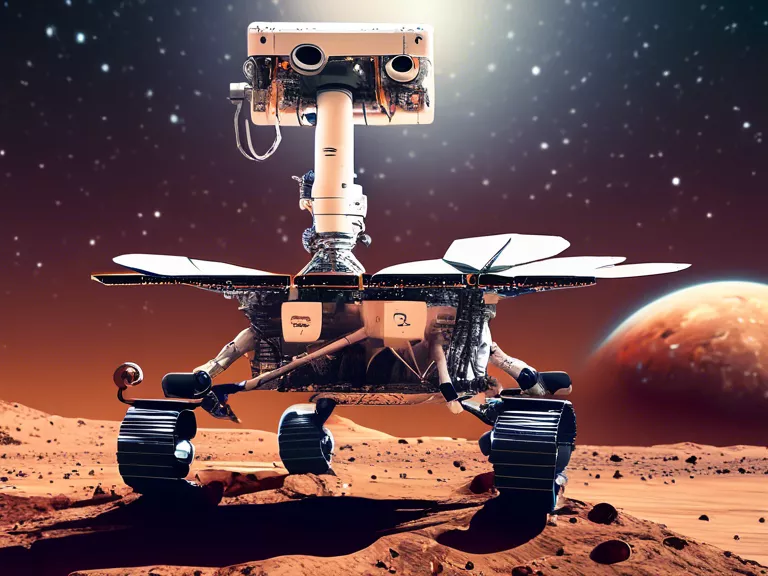
Robotics has played a crucial role in space exploration and will continue to shape the future of how we explore beyond Earth. From rovers like Curiosity on Mars to artificial intelligence-driven probes like the recently launched Perseverance, robots are paving the way for human understanding of the cosmos. The evolution of technology and advancements in robotics are revolutionizing the way we explore space, making missions safer, more efficient, and unlocking new discoveries.
One of the key advancements in robotics for space exploration is the development of autonomous systems. These AI-driven robots can make decisions on their own, adapt to changing environments, and carry out complex tasks without human intervention. This has opened up new possibilities for exploring distant planets, asteroids, and even deep space.
Rovers have also played a crucial role in space exploration, providing valuable data and insights about the Martian surface, the Moon, and beyond. These robotic vehicles are equipped with cameras, sensors, and scientific instruments that allow them to study their surroundings, collect samples, and transmit data back to Earth. Rovers like Curiosity and Opportunity have helped scientists better understand the geology, atmosphere, and climate of Mars, paving the way for future human missions to the Red Planet.
As we look towards the future, robotics will continue to play a central role in space exploration. From autonomous drones that can explore the surface of far-off planets to AI-powered probes that can travel vast distances in search of alien life, robots will be at the forefront of our efforts to understand the unknown. With each new mission, we are taking another step towards unlocking the mysteries of the universe and expanding our understanding of the cosmos.
